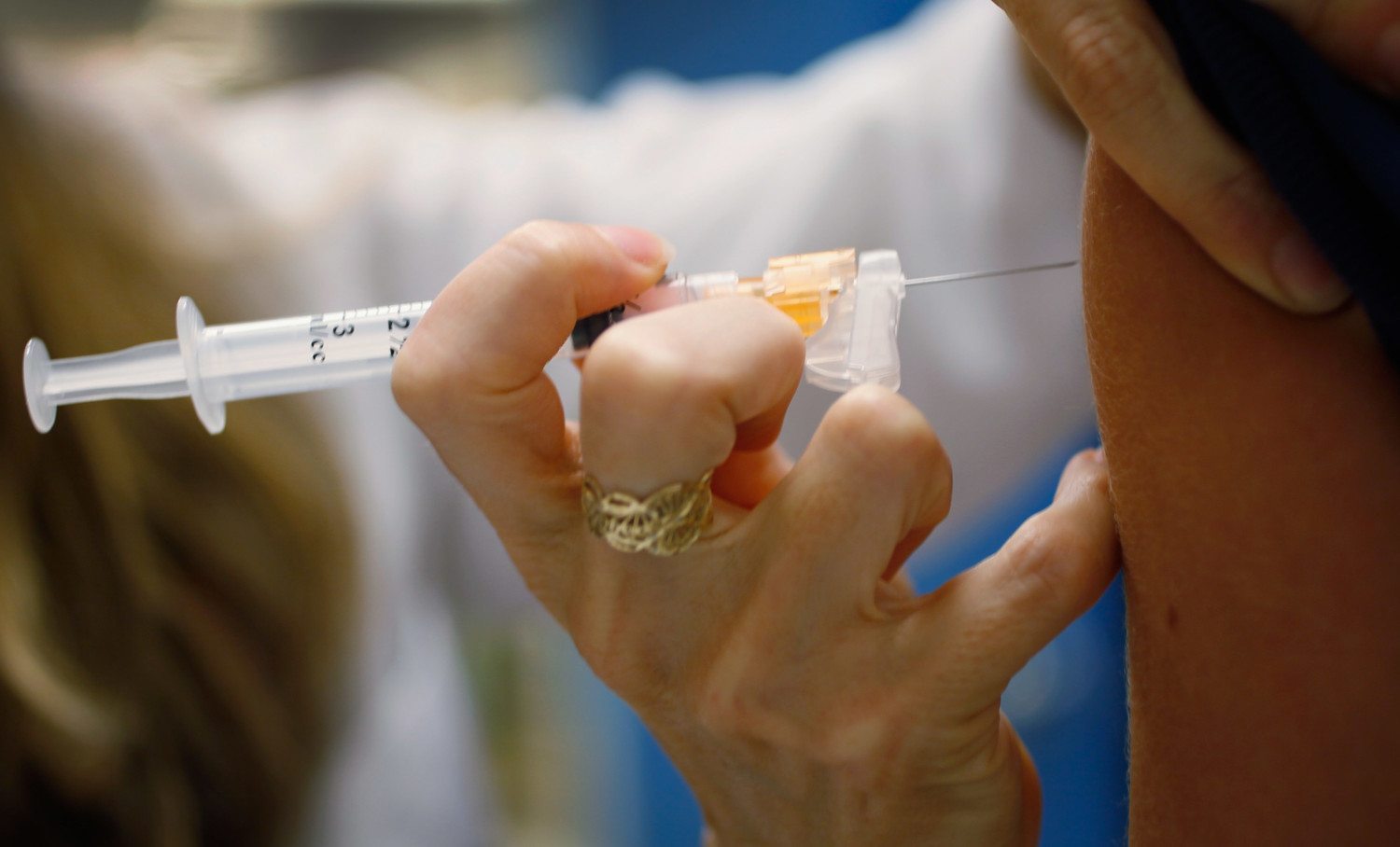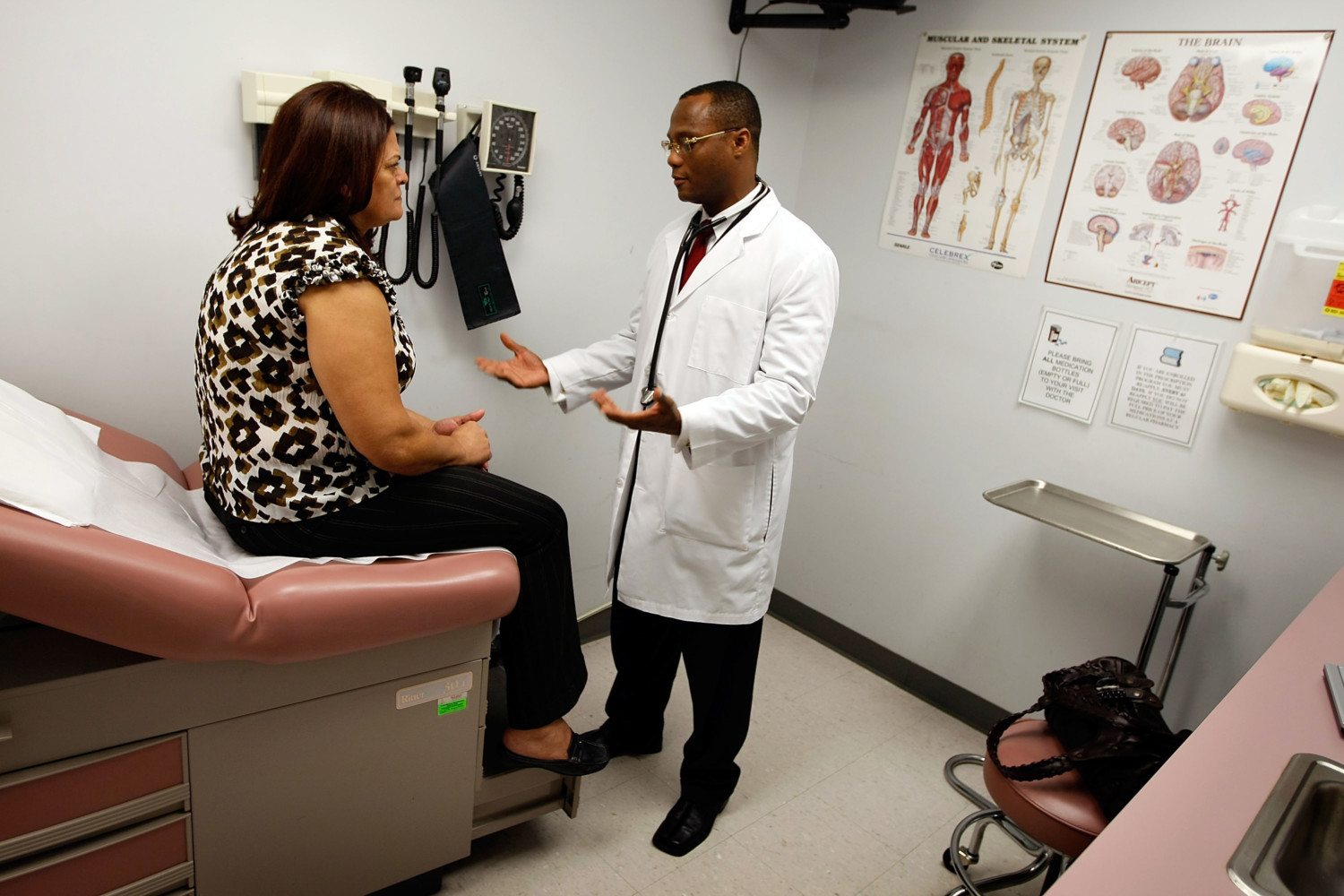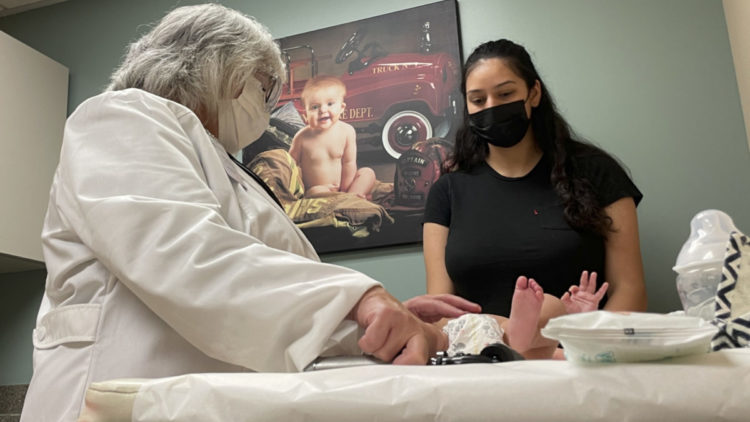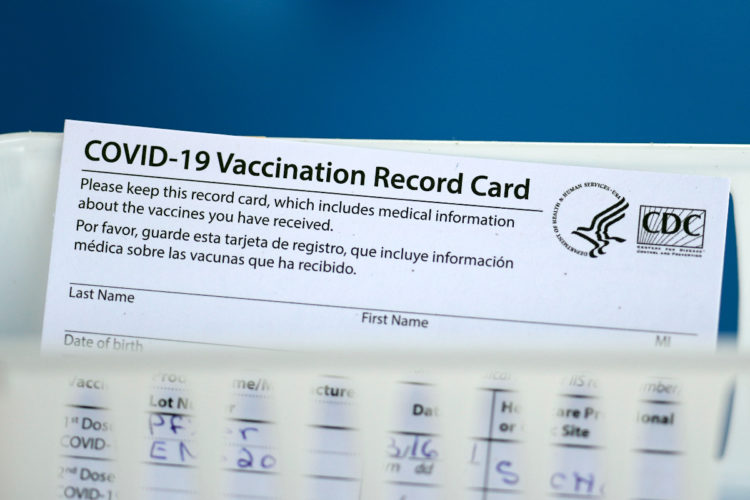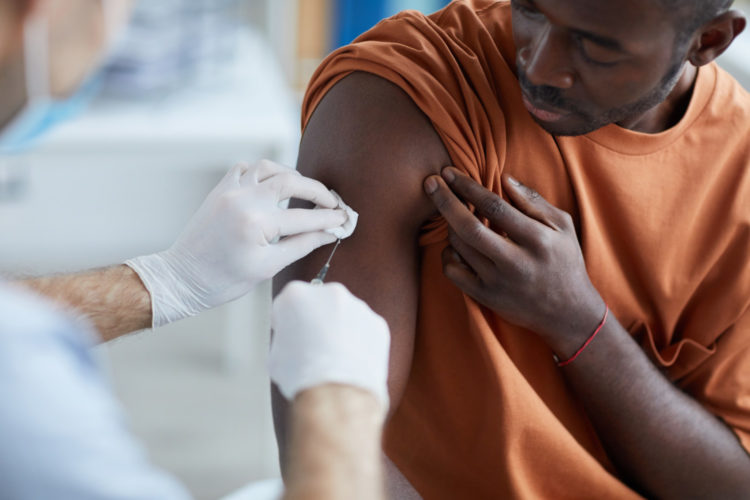Doctors Say You Need The Shingles Vaccine Even If You’ve Already Had The Virus
Almost one in three people in the United States will get shingles in their lifetime. The painful rash can last for nearly four weeks and can come with a fever, headache, chills and an upset stomach. Not exactly how you want to spend a month of your busy life.
While most people will only get shingles once, it is possible to have a second, or even a third, episode. In fact, the chance that you’ll get it again is actually the same as your chance of getting it once, according to Harvard Health.
“Recurrences are not unusual,” Dr. Marvin M. Lipman, Consumer Reports’ chief medical adviser told Consumer Reports. “I had one patient who had three verified attacks.”
Shingles is caused by the same virus as chickenpox, but while you’re most likely immune from getting chickenpox a second time, having the virus does not prevent you from getting shingles. That’s because the chickenpox virus stays in the body, lying dormant, but can reactivate years later. In some people, chickenpox stays inactive in the body, but for others, it “wakes up” when disease, stress or aging weaken the immune system. When the virus becomes active again, it causes shingles, not chickenpox.
“After you’ve had chickenpox, the virus lies inactive in nerve tissue near your spinal cord and brain. Years later, the virus may reactivate as shingles,” according to the Mayo Clinic. “While it isn’t a life-threatening condition, shingles can be very painful. ”
In addition to the symptoms we already mentioned, shingles can also cause sensitivity to light, tingling, numbness and burning.
“Pain is usually the first symptom of shingles. For some, it can be intense,” according to the Mayo Clinic. “Depending on the location of the pain, it can sometimes be mistaken for a symptom of problems affecting the heart, lungs or kidneys. Some people experience shingles pain without ever developing the rash.”
Yikes.
So, how can you protect yourself from getting it once or—eek—multiple times?
For adults 50 and older, the CDC recommends the Shingrix vaccine, which reduces the risk of developing shingles and cuts the chances of postherpetic neuralgia (PHN), a complication of shingles. The CDC says vaccine, which is administered in two doses a few months apart, is 90% effective against both shingles and PHN and that protection remains above 85% for the first four years after vaccination.
RELATED: ‘I Will File A CPS Report’: Pediatrician’s Blunt Message About Vaccines Is Going Viral
And even if you’ve already had Zostavax, an older shingles vaccine that was only 51% effective, you can still get the Shingrix vaccine, according to WedMD.


